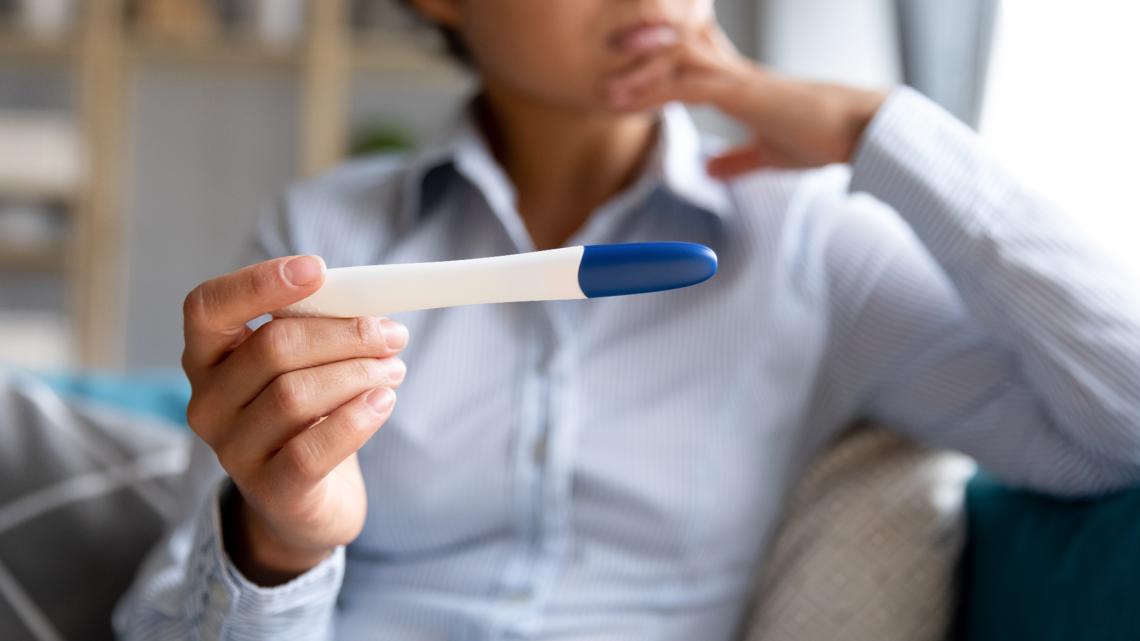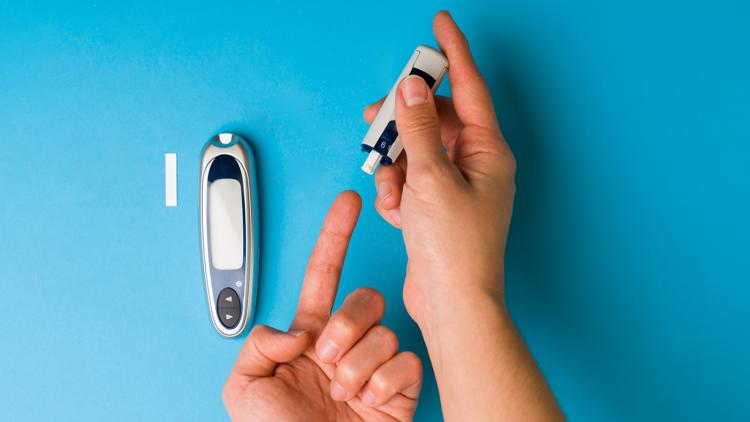SAN ANTONIO —
Metals and diabetes
Researchers are finding that people exposed to and who ingest more metals like arsenic are prone to higher blood pressure and diabetes.
The new study by University of Illinois Chicago researchers looked at 500 Mexican Americans living in southern Texas. Researchers found that high levels of toxic metals in urine predicted faster increases in blood sugar over subsequent years.
Individuals with the highest exposure to arsenic were prediabetic 23 months earlier and diabetic 65 months earlier than those with the lowest exposure to the toxic metal.


An alternative way for plants to survive the heat
As the world gets warmer and crops feel strained scientists are trying to find ways to help plants survive on their own.
Now scientists at the University of Birmingham have found by controlling water loss through their leaves certain plants can survive stressful, dry conditions rather than relying on their tiny pores known as ‘stomata’.
Stomata are on the underside of plants. They're tiny pores that are like "breathing holes" that allow plants to let in and let out certain gases like carbon dioxide and oxygen.
The study was done on C4 crops which are crops that are most vital to our ecosystem like maize. This also includes sorghum, and proso millet.
According to the university nonstomatal control gives these plants an advantage in maintaining a beneficial microclimate for photosynthesis within their leaves.
Read more to understand this topic from the University of Birmingham here.


Pregnancy brain
We've all heard of 'pregnancy brain,' now scientists are finding out it is a real thing.
One Neuroscientist Liz Chrastil had the chance to study her brain while pregnant and what she found was very interesting.
This study may only look at one person but it does have the potential to help answer questions about postpartum depression.
According to AP News more than 80% of her brain that was studied grey matter was reduced and that's where thinking takes place. This is an average of about 4% of the brain — nearly identical to a reduction that happens during puberty.
While less gray matter may sound bad, researchers said it probably isn’t; it likely reflects the fine-tuning of networks of interconnected nerve cells called “neural circuits” to prepare for a new phase of life.



